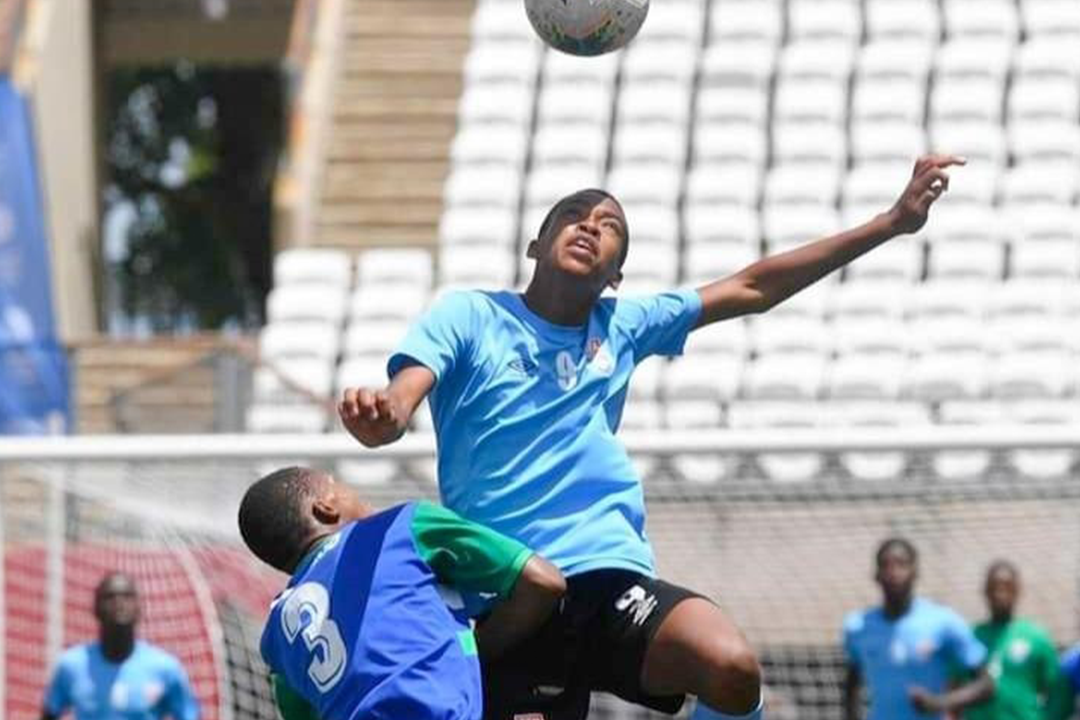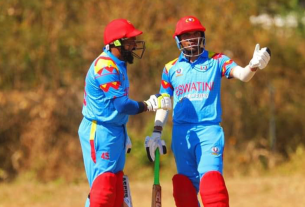By Ntokozo Magongo
MBABANE – There would be no chance of age cheating in the TotalEnergies Under-17 Africa Cup of Nations 2025 | COSAFA Qualifier in Johannesburg, South Africa.
This comes after the Council of Southern African Football Association (COSAFA) announced that all the boys’ players will have to undergo the Magnetic Resonance Imaging (MRI) assessments to confirm their age eligibility to compete.
Eswatini is among the 12 countries that will be competing in the tournament to be held from December 4 with the finals on December 13, 2024. Eswatini is in group B were they will face holders Zambia, Namibia and Zimbabwe. Only the top team in each of the three pools would advances to the semi-finals along with the best-placed runner-up.
The tests are used to ensure the players are within the required birth date range for the competition, which starts from January 1, 2008, and follows the ineligibility of four sides from the COSAFA Qualifiers for TotalEnergies U-17 Africa Cup of Nations Morocco 2021.
According to the cosafa.com, all the players taking part in the football competition at the TotalEnergies U-17 Africa Cup of Nations 2025 | COSAFA Qualifier in Johannesburg will undergo Magnetic Resonance Imaging (MRI) assessments to confirm their eligibility to compete.
This will be done under the watchful eye of leading sports physician Dr Thulani Ngwenya, who is the Confederation of African Football (CAF) Medical Commission Member and COSAFA Medical Officer.
Botswana, Comoros, Eswatini and Zimbabwe were all excluded from the competition in 2020 after one or more players failed a Magnetic Resonance Imaging (MRI) assessment.
Dr Ngwenya explains the importance of the tests for boys to the cosafa.com.
“MRI is a FIFA-approved method used to determine eligibility to play in the Under-17 age group. The images are taken on the non-dominant wrist, which is usually the left hand. The image takes about nine ‘slices’ of the growth plate.
There are different stages of grading the growth plate, from 1 to 6. Grade 6 is the last stage where the growth plate is completely fused.
There have also been questions as to why the MRI tests are conducted on boys only, and not those competitors in the girls’ Under-17 competitions.
“Girls have a natural situation of a menstrual cycle that really affects the development of their bones and directly affects their bone density,” he explains.



